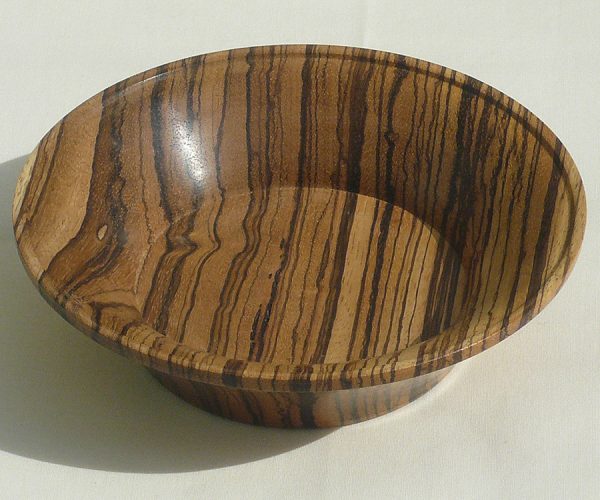by Eric Meier
When it comes to the odor of wood, there’s a lot of variability—in both the appeal of the scent, and also its duration. Typically, for a wood to be utilized specifically for its scent, it has to have both appeal and duration.

Scent Appeal
Some woods are known for their scent. In North America, perhaps the most common example of this would be the various types of cedar. (In the strictest sense, there really is no one single type of cedar and therefore not really one single cedar scent—the term ‘cedar’ is a rather vague term that’s been oversimplified.)
On the other hand, some woods are known to possess an unpleasant scent. Most of these woods tend to either be more obscure (since there’s not much of a market for things that literally stink), or only have odors that are transient and dissipate upon drying.
Scent Duration
When a wood scent lacks any sort ability to linger more than a few hours after being worked, the scent becomes known almost exclusively to woodworkers and no one else.
Two examples on both sides of the coin are red oak and zebrawood. Many woodworkers feel that red oak (Quercus rubra) has a very pleasing, almost rustic scent that typifies many cabinet makers’ shops. However, these same boards, when machined and assembled into cabinetry and sold to customers completely lacks this characteristic odor.
Zebrawood (Microberlinia brazzavillensis) is another example with the opposite opinion: many woodworkers feel that when zebrawood is being worked, it has a rather unpleasant scent. However, this scent typically doesn’t last more than a few hours after being machined, so zebrawood furniture and finished pieces lack any disagreeable scent.

When it comes to duration, there are almost always exceptions. Some woods that may not normally have a lingering scent can have odors that are abnormally persistent. A common example is white oak (Quercus alba), while usually odorless once dried, some pieces can have an acidic, almost vinegar-like scent. app
Scent: Objectifying the Subjective
